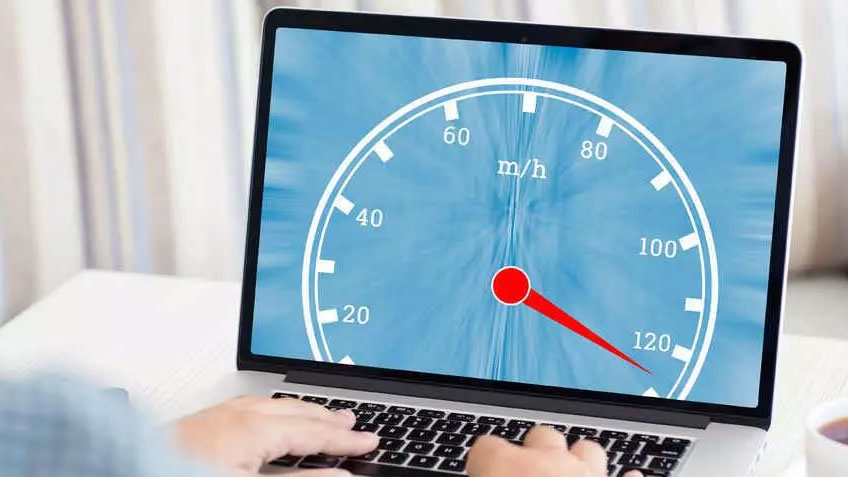In the fast-paced digital age we live in, having a fast and efficient computer is of utmost importance. Whether you use your computer for work or fun, a slow and sluggish device can be frustrating and hinder productivity. In this comprehensive troubleshooting guide, we, the experts at Smart Geeks 2 U, will reveal the secrets to mastering computer speed and ensuring your device runs at peak performance levels.
PC repairs Melbourne at the smart geeks
Before delving into the troubleshooting aspects, let's take a moment to understand what affects computer speed. Several components and factors contribute to the overall speed and performance of your device:
Your computer's hardware plays an important role in determining its speed. This includes processor speed, RAM capacity, storage type (HDD or SSD) and graphics card performance. Upgrading these components to their best features can significantly increase the speed of your computer.
The performance of the operating system and other software affects the speed of your computer. Outdated or bloated software can slow down your system. Regular updates and maintenance, along with the right software choices, can help maintain optimal speed.
The amount of data stored on your computer and how it is organized can affect speed. A cluttered hard drive with insufficient space can slow down your computer. Cleaning and organizing your files regularly and using an efficient storage solution is very important.
Malware, viruses and other harmful software can significantly affect your computer's speed and performance. Using strong antivirus programs and practicing safe browsing habits can reduce these threats and keep your computer running.

Now that we have a basic understanding of the components that affect computer speed, let's look at ways to troubleshoot problems to improve performance:
Consider upgrading your hardware components, especially if they are outdated or below recommended specifications. An upgraded processor, increased RAM, or switching to an SSD can significantly increase your computer's speed and responsiveness.
Make sure your operating system, drivers, and other software are up to date. Developers release updates to improve performance and patch vulnerabilities. Regular maintenance tasks such as disk cleanup and defragmentation should also be performed.
Minimize the number of programs that start automatically when you boot your computer. Too many startup programs can slow down the booting process and use up valuable system resources. Disable or remove unnecessary startup programs.
Regularly monitor your storage capacity and organize your files. Delete redundant and unused files, and move data to external drives or cloud storage to free up space. For best performance it is recommended to keep at least 15% of your storage capacity free.
Perform regular scans using reputable antivirus software to detect and remove malware and viruses. Additionally, exercise caution while browsing the Internet and avoid downloading files from dubious sources.
Mastering computer speed involves a comprehensive approach, including hardware upgrades, efficient software management, careful storage practices and vigilant security measures. By following this comprehensive troubleshooting guide, you can improve your computer's performance and enjoy a smoother and faster computing experience.


Post a Comment
COMPANY
RESOURCES
QUICK CALL
1300 570 417Follow